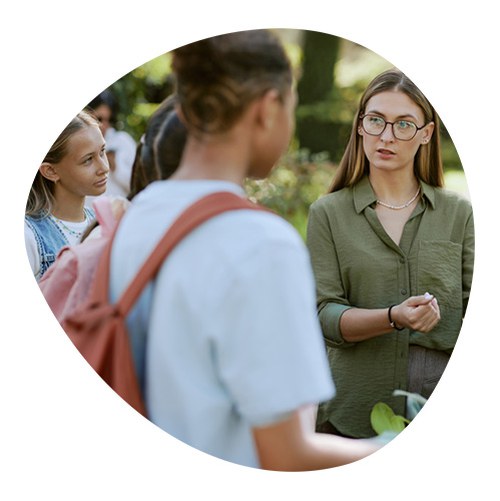Natural sciences, education and communication for a sustainable future
This advanced degree is aimed at those who wish to deepen their knowledge of the natural sciences while training as professionals capable of using science as a driver for social change. By combining scientific knowledge with educational methodologies and science communication practices, the programme provides practical skills to design and deliver educational and outreach experiences in schools, museums, informal settings and natural environments.
You can choose between two pathways: Teaching of Natural Sciences and Science Communication and Scientific Citizenship. Both offer an interdisciplinary, hands-on approach, using innovative tools to communicate science effectively and inclusively – promoting critical thinking, active citizenship and environmental sustainability.
